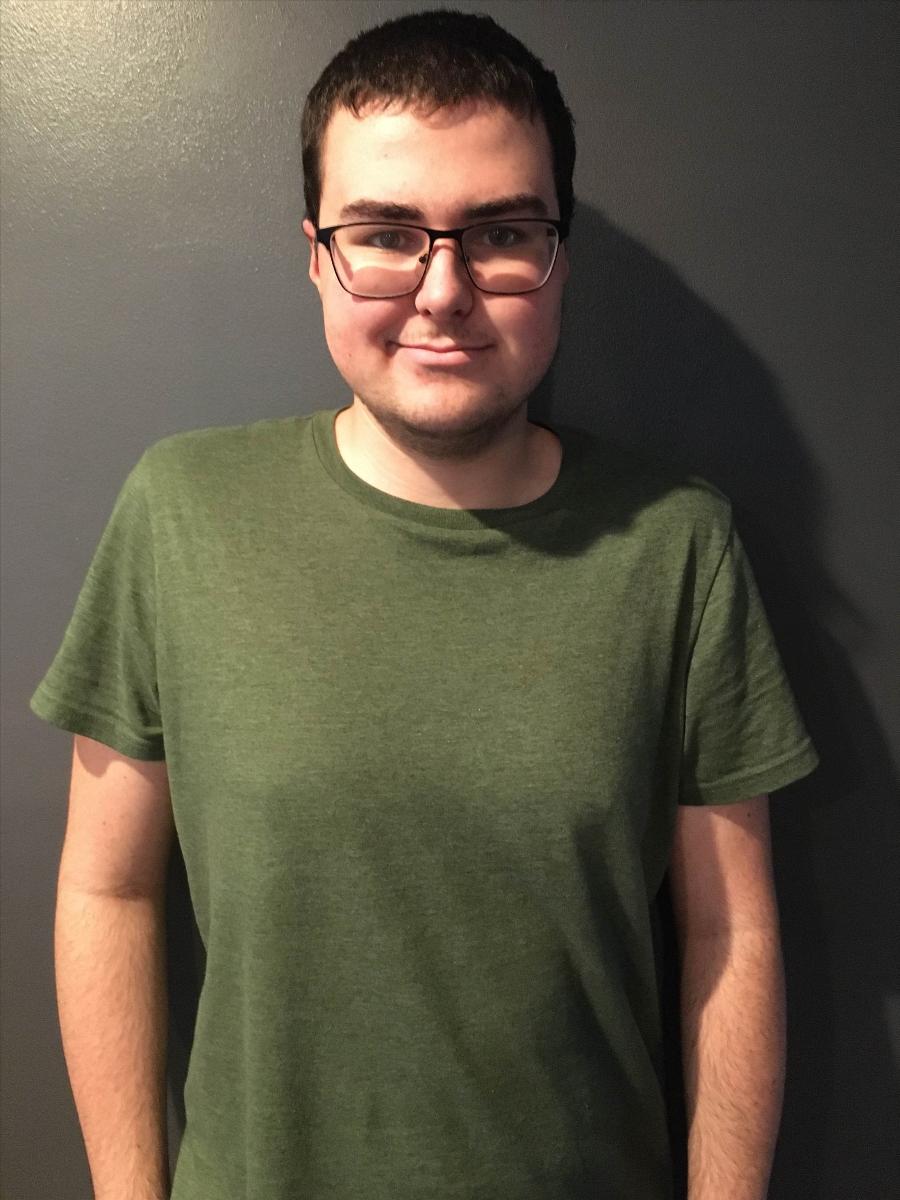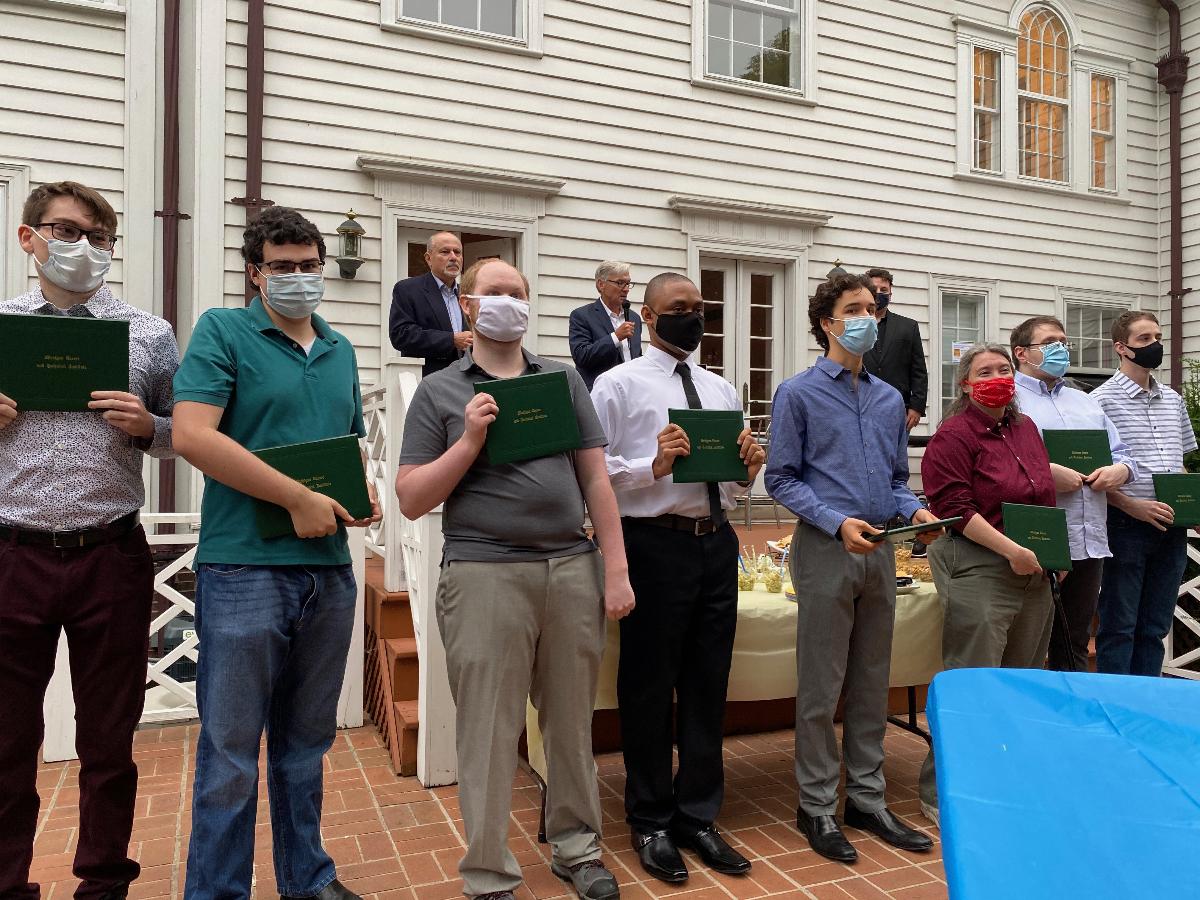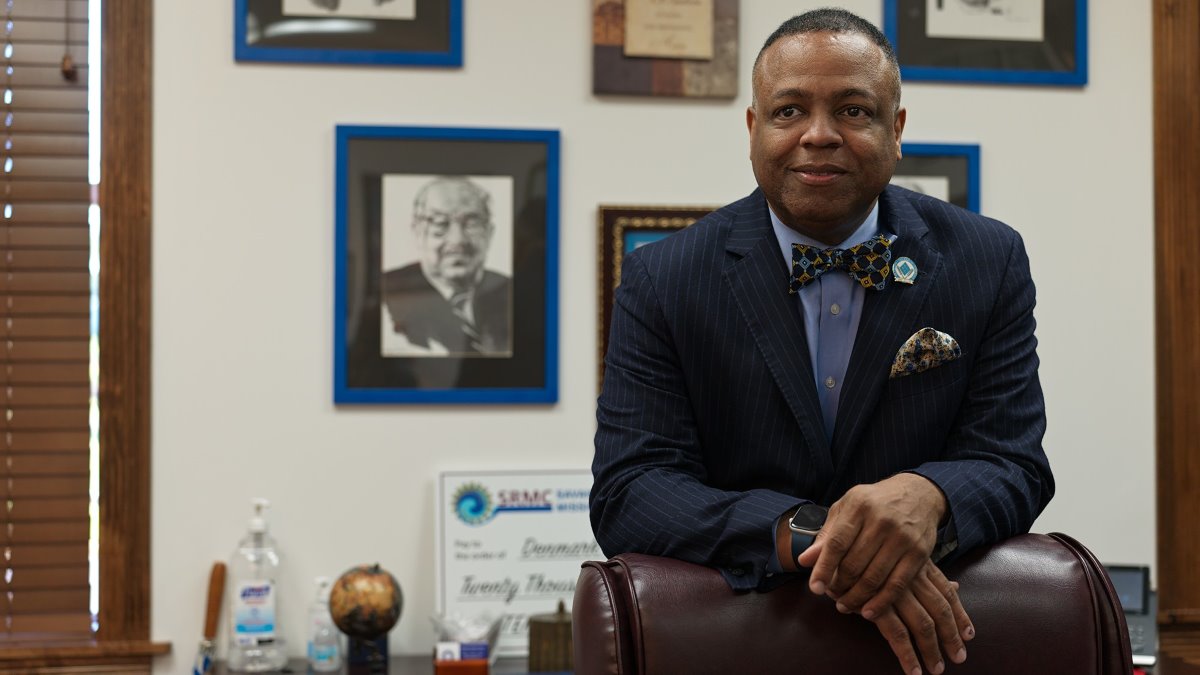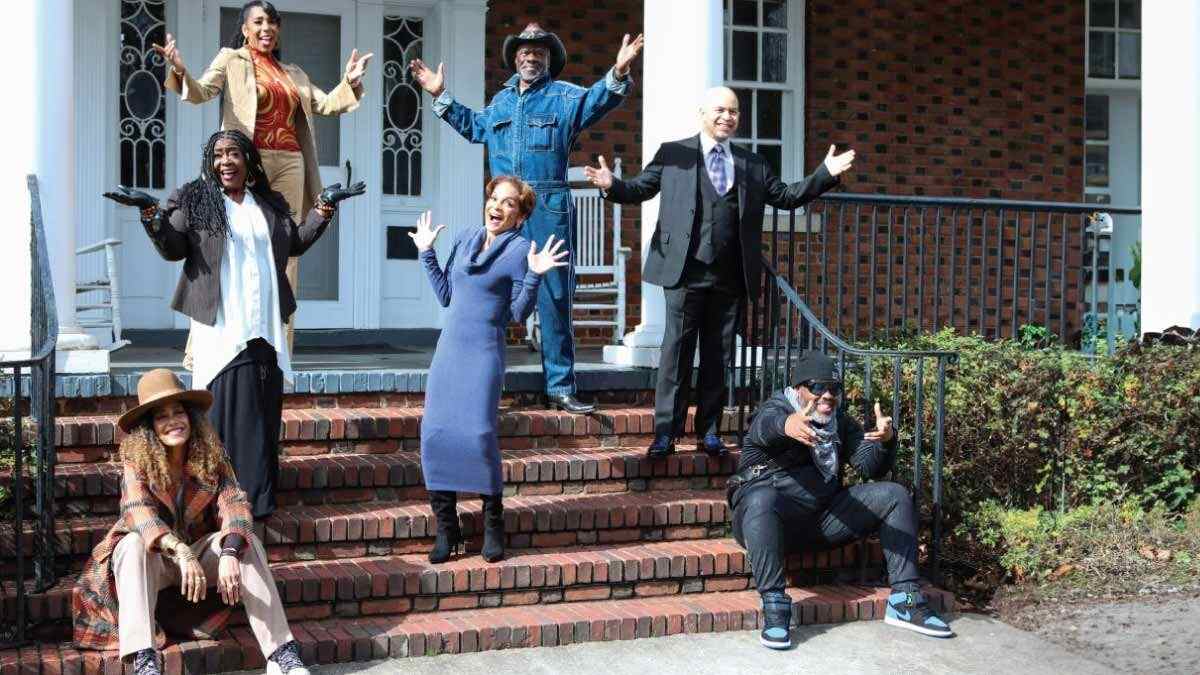As we embark into 2021, where hopes of an easing pandemic and lifted restrictions are high, some challenges are still ever-present. The digital divide, or the staggering amount of people who remain unconnected to an increasingly crucial internet, is still a massive problem—3.7 billion people globally still remain unconnected to the internet due to lack of accessibility, affordability, and digital literacy. This creates further problems, barring unconnected populations or those with disabilities from gaining educational and professional opportunities.
According to the U.S. Bureau of Labor Statistics for 2019, 79 percent of adults with disabilities are not in the labor force. The unemployment rate for adults with autism spectrum disorders is 34 percent, which is more than three times the rate for people with disability, and almost eight times the rate of people without disability.
Jax’s story
Jax Hahn says that as a person with autism, his learning experiences in high school taught him how to operate within the world as opposed to the world learning how to operate with him. This reversal of thinking—that institutions, businesses, and governments should be educated on how to best serve adults with disabilities—could be a crucial and necessary change to helping more people find independence.

“When I was in high school, there was a class called Applied Skills where they taught us how to grow up and get a job, all the typical adulting stuff,” says Jax, “How to not show our more eccentric side so that people will not have a hard time with us. And I always thought that maybe a reversal of that would be a better stepping point like, teaching 'normal people' how neurodivergent people work, and just understanding them.”
See also: Celebrating International Day of Persons with Disabilities
This is the type of education that Jax receives at the Exceptional Academy in Northville, Michigan, a joint effort program between the Living and Learning Enrichment Center, Michigan Rehabilitation Services, Michigan Career and Technical Institute, Washtenaw Community College, and Cisco Networking Academy. Here, local students are provided IT training that can result in achieving the Cisco Certified Network Associate (CCNA) certification with a focus in cybersecurity. Prior to remote learning, students would often participate in hands-on labs at the community college.
The Exceptional Academy is the first of its kind in Michigan and only the second program of its type in the United States. Along with providing IT training to the students, this 40-week program aims to raise awareness and educate businesses in the area about the advantages of working with adults with disabilities. Exceptional Academy’s first class began in September 2019, with six students successfully passing the CCNA exam and two starting internships at local businesses.
At 19 years old, Jax has been studying cybersecurity at the Exceptional Academy for a year and a half. He’s always had an interest in technology and a drive to help people. He says that he loves technology because he knows how it works and sees helping secure an internet that people can trust as an important service to society. He also feels like the dedication from instructors and motivation from other students has helped him feel welcomed and inspired to learn. When the program shifted to remote learning in March 2020, educators were even more committed to seeing the students through the program.
“I have nothing but positive things to say about our teacher Mike Galea and the assistant teacher Steven Kilduff,” says Jax, “And of course, all the students there were all super motivated and supportive of each other. They wanted to see each other succeed and that environment has just been fantastic to work in. Mike was dead set in making sure we just kept on keeping on for as long as we could.”
Understanding is the first step
We often think about the digital divide as affecting those living in poverty or in remote areas, which it most certainly does. But less often do we consider those with different learning capabilities and how our systems of education and the labor force can exclude those who don’t fit a certain type. COVID-19 has shed a glaring light on how crucial connectivity is for education, work, healthcare services, and seeing loved ones, and the divide between those who can access and those who cannot is a gap that needs to be bridged. Whether because of accessibility, affordability, digital literacy, or disability, Cisco believes no one should be barred from universal internet access.
Technology can be an equalizer for those who can access it. Cisco’s SVP and GM of Security and Applications Group Jeetu Patel believes that Cisco’s goal of an Inclusive Future means that everyone gets a fair chance.

“Cisco’s purpose is to power an Inclusive Future, and collaboration technology plays a critical role in leveling the playing field so everyone is able to participate in the global economy regardless of geography, language, and personality type,” says Patel.
Reframing the ways we think about our systems in place can better help us understand what inclusivity truly means. Jax believes taking the time to really get to know and accept others for who they are can set us all up for success.
“The slightest chance of us showing our socially 'out there' side, the door is just shut to us right away because people don't like new things,” says Jax, “Different is the same thing as weird to people, and I don't understand that at all. If we can create opportunity and provide good people with the proper support that they need, that can be a big step.”
I like being me
Exceptional Academy is just one way Cisco and local programs are collaborating to bring educational and career opportunities for adults with disabilities. Exceptional Academy is one of 11,800 learning institutions worldwide that uses the Cisco Networking Academy curriculum to help people develop skills in IT, networking, and cybersecurity. Networking Academy is licensed free of charge to learning institutions, and more than 12.6 million people in 180 countries have participated in the program since 1997. And with the skyrocketing amount of data the world is consuming on a yearly basis, we are in desperate need for cybersecurity professionals like Jax who can understand the technology and the bad actors that exploit them.
See also: Four Cisco Networking Academy students: Four different cybersecurity careers
And ultimately, our differences as humans are not as massive as we’re made to believe.
“We are this rag tag group, a revolution of neurodivergent people who are getting good employment,” says Jax, “This is definitely going to make some waves. I like being me. I like my weird side. When you think about it, everybody has their weird side, they're just better at not showing it until you get them to come out of their shells a little.”
###
We welcome the re-use, republication, and distribution of "The Network" content. Please credit us with the following information: Used with the permission of http://thenetwork.cisco.com/.




